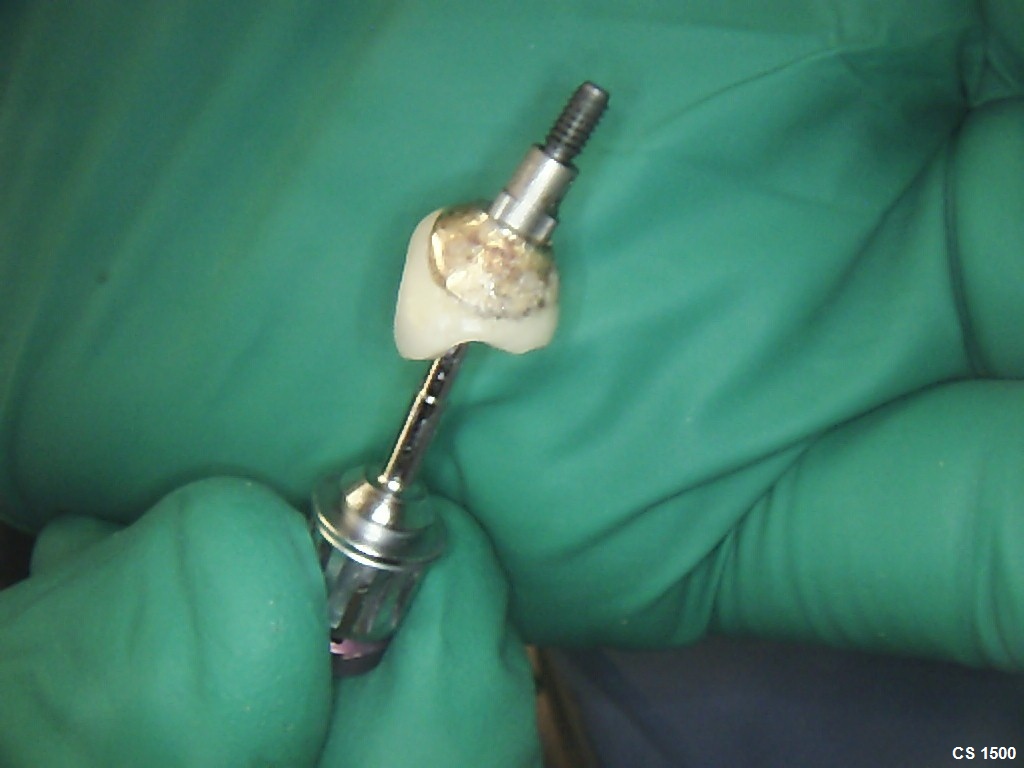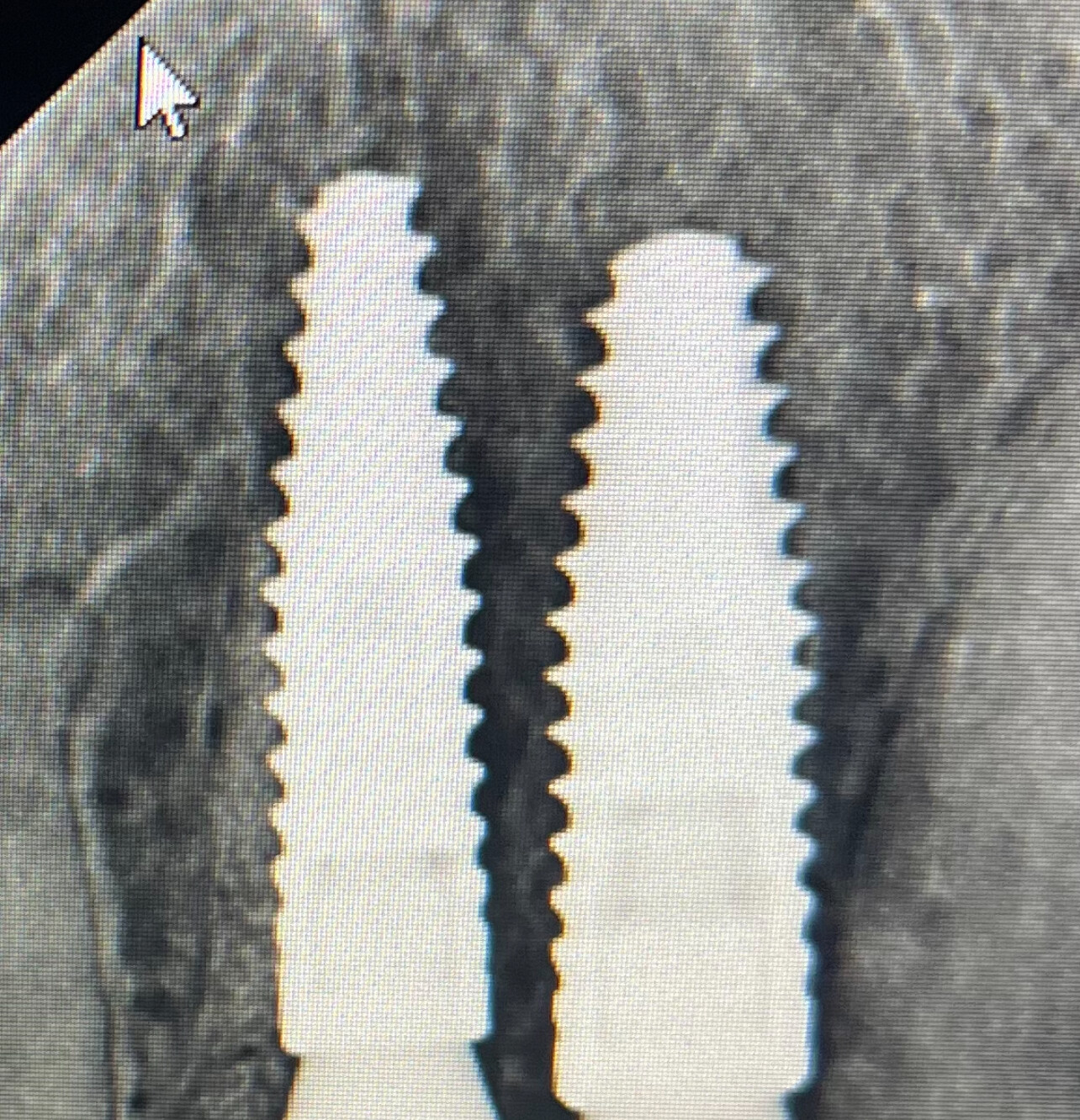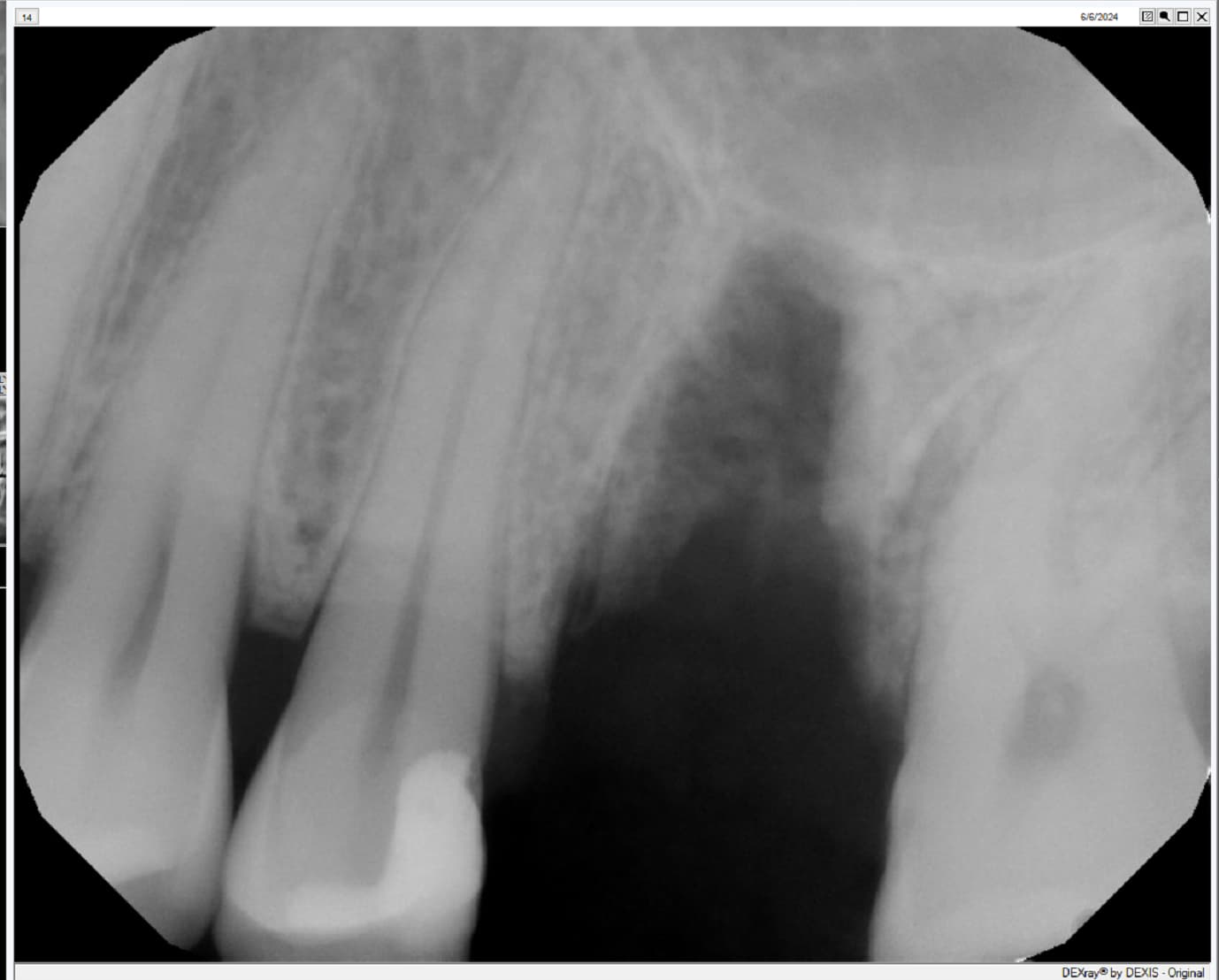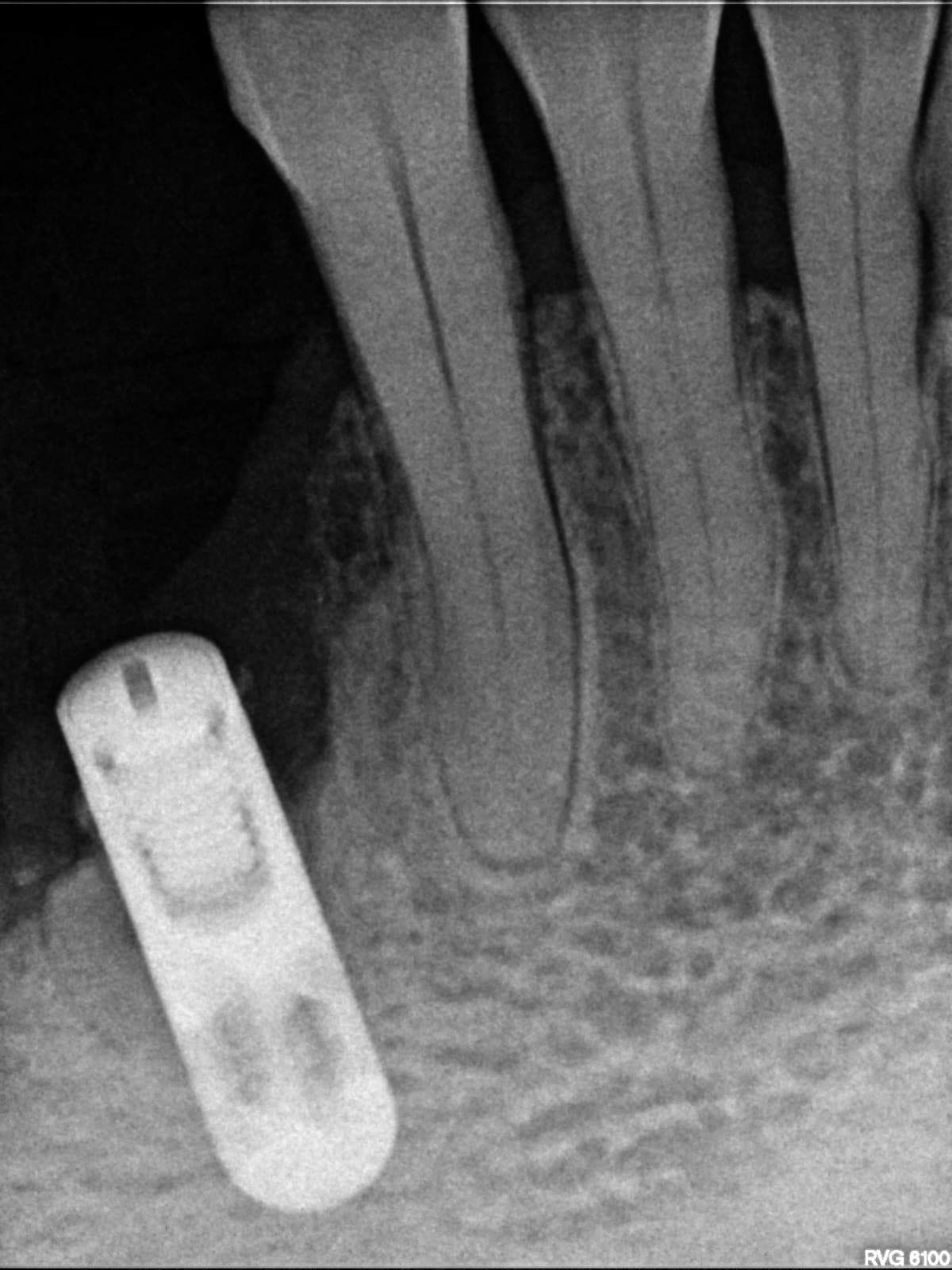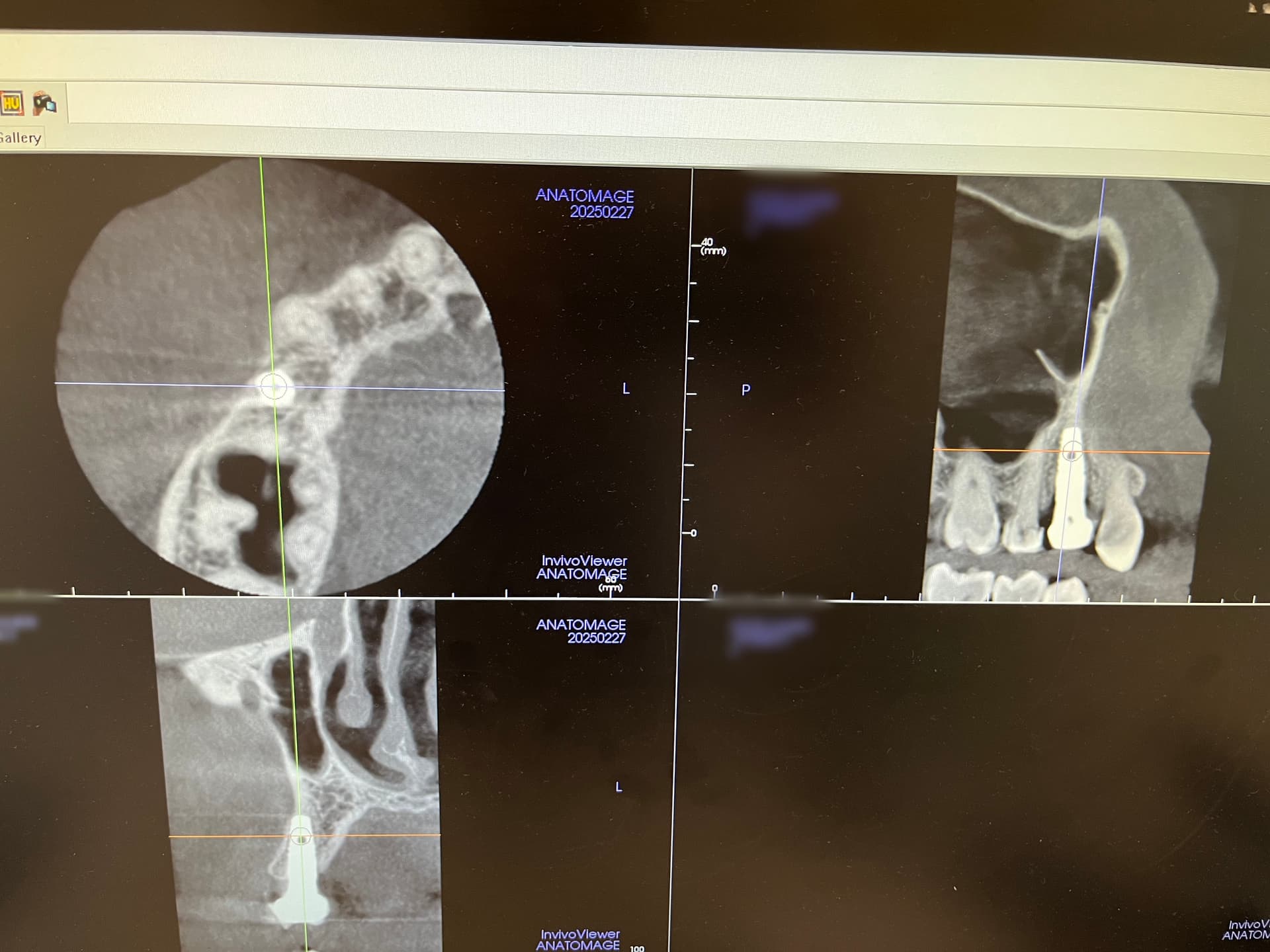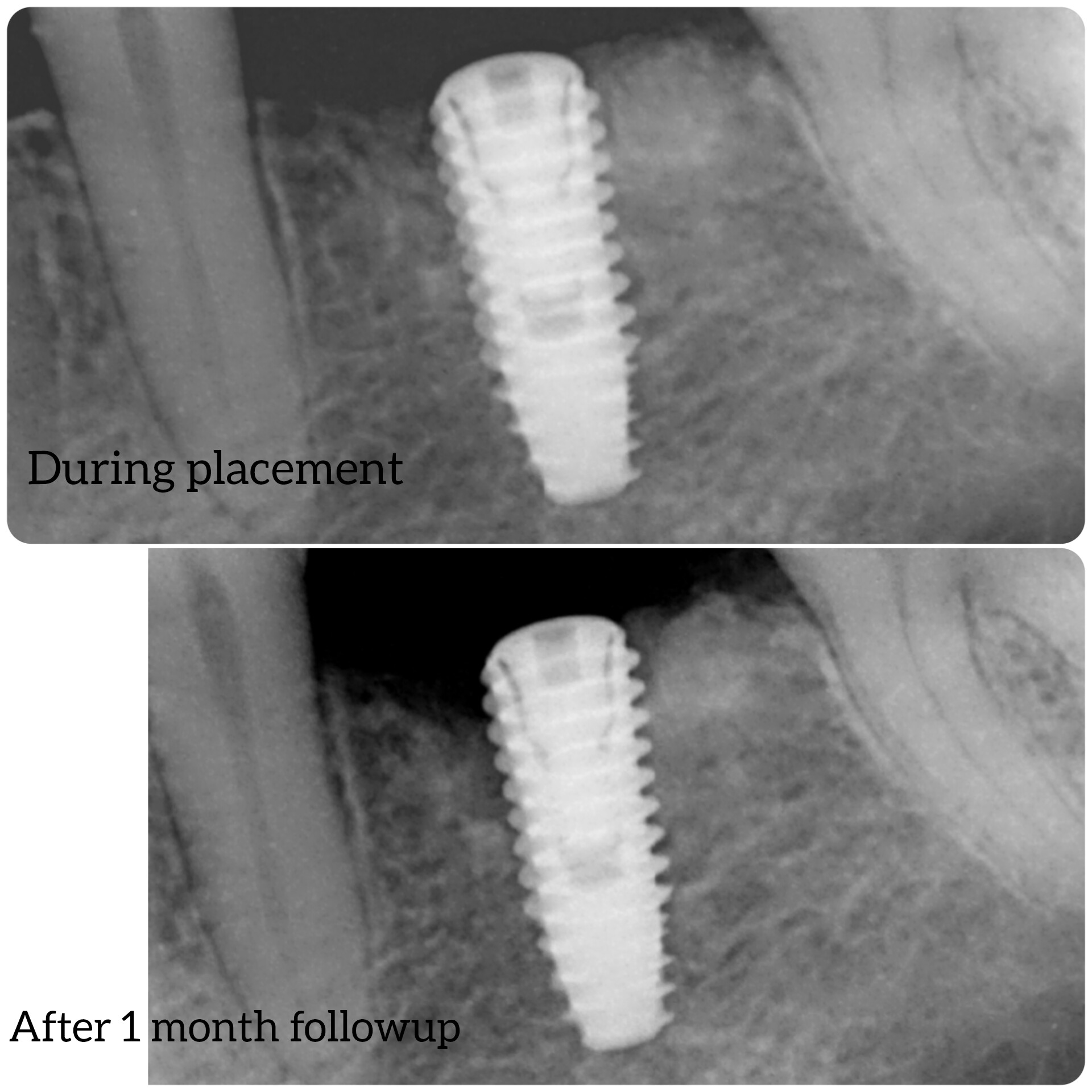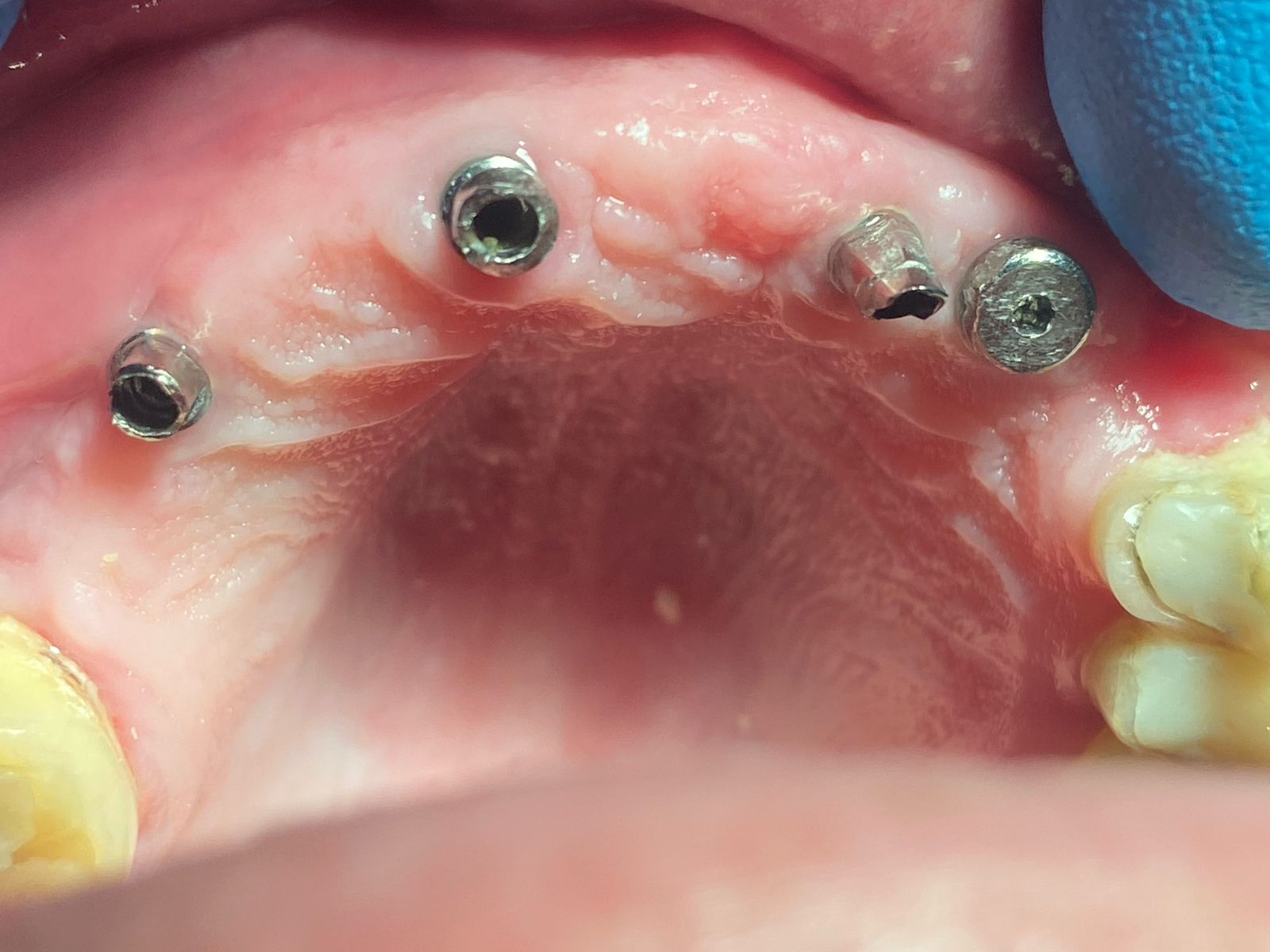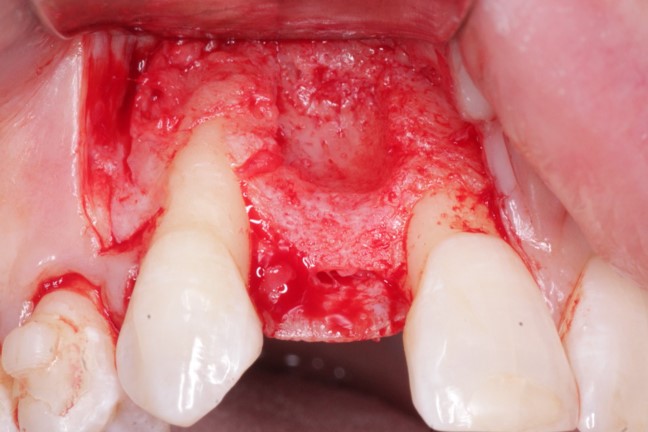Tooth Has Fractured: Should I Get an Implant or Bridge?
Amanda asks:Hello. I am 24 years old and facing a bridge or an dental implant. I’m really struggling with the decision.
One of my molars (second from the back, with no wisdom teeth, left side, lower jaw–number 19, if I’ve interpreted the chart correctly) is fractured, and the fracture extends below the gumline. I’ve been told the tooth must be extracted, and have finally accepted that. The fracture actually occurred maybe eight years ago, and aside from when it happened, I hadn’t been to the dentist in over ten years until recently. The fracture was not treated at all when it occurred. It was simply examined and options discussed. I was always deeply disappointed when I had a cavity as a child (which didn’t happen much), and am now devastated to be facing the permanent loss of one of my teeth at such a young age.However, I’ve discussed it with a friend who is a dental hygienist, and she warned me of the risks of an implant. She said that if an implant fails it is practically impossible to replace it. (My dentist said the same.) I’ve read, also, about nerve damage and improperly placed implants that fail quickly or get infected and cause bone loss or adjacent tooth loss. As devastated as I am to lose one tooth, I certainly don’t want to face losing another in the near future!The alternative is a bridge. Less risky, but by its nature, damaging to an otherwise healthy tooth. I cringe at the thought of what they’ll have to do to my healthy tooth to prepare it for a bridge. I understand, also, that a failed bridge can be replaced by another bridge or implant(s), but a failed implant cannot be replaced by a bridge.What should I do?










